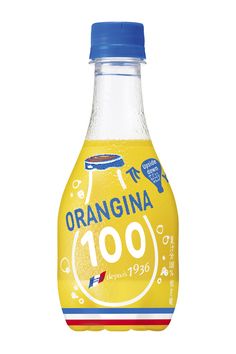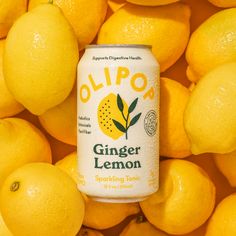In recent years, sugar-free drinks have gradually become popular among many consumers. Many consumers think that sugar-free drinks are "zero sugar" and "zero-calorie", so they can use sweeteners without worries and are healthier than regular sweet drinks. However, the reality is different from what everyone thinks.

In fact, sugar-free drinks use sweeteners instead of sugar and other added sugars, so they have less energy and sugar. "Rules for food labeling for pre-packaged foods" (GB 28050-2011) "Sugar-free" sugar content of not more than 0.5 grams per 100 ml and "zero calorie" product not exceeding 17 kJ should not exceed 100 ml. Sweeteners used in sugar-free drinks are natural and synthetic. When consumed to a certain level, they are certified by international food safety organizations as safe and harmless to the human body. However, safety does not necessarily mean safety, and many studies have shown that sugar-free beverages lead consumers to believe that long-term consumption of sugar-free drinks can lead to health problems.
Weight loss is easy. A seven-year study of more than 6,000 people in the United States found that people who regularly drank sugar-free drinks gained weight. Some researchers believe that the use of sweeteners reduces the brain's ability to bypass sweets or make people more sensitive to sweets, forcing them to eat more sugar when they like other foods. In addition, people who think they drink "zero-calorie" drinks inadvertently pay attention to supplements and increase their calories.
The risk of cardiovascular disease increases. A French study found a 20 percent increased risk of heart disease among regular dieters. Another study showed that women over the age of 50 who ate two or more foods were at higher risk for stroke, heart disease and premature death, especially from sugar-free drinks (200 ml glass). day.
Increased risk of diabetes. A study in Sweden found that eating one serving of sugar a day increased the risk of type 2 diabetes by 21 percent, while daily alcohol consumption increased the risk of diabetes by 18 percent. Sugary drinks increase the risk of type 2 diabetes by 4.5 times. This is because dietary alcohol stimulates the appetite and also makes people crave sugary foods. Artificial sweeteners can also affect the body's glucose levels, leading to type 2 diabetes.
This causes nausea. Some animal experiments have shown that chronic consumption of sweets reduces the intestinal flora and variety, especially beneficial bacteria that can cause diarrhea and worsen intestinal health.
Anxiety and depression are on the rise. Studies have shown that artificial sweeteners can affect the metabolism of amino acids, which affect the level of catecholamines in the brain, over-stimulate the nervous system and can disrupt neurological imbalances such as anxiety and depression [] ...]
However, if you want to drink a few drinks regularly, choose sugary drinks, but drink the least amount of alcohol every 1-2 weeks or at least once a month; Eat well and take one pill regularly.
